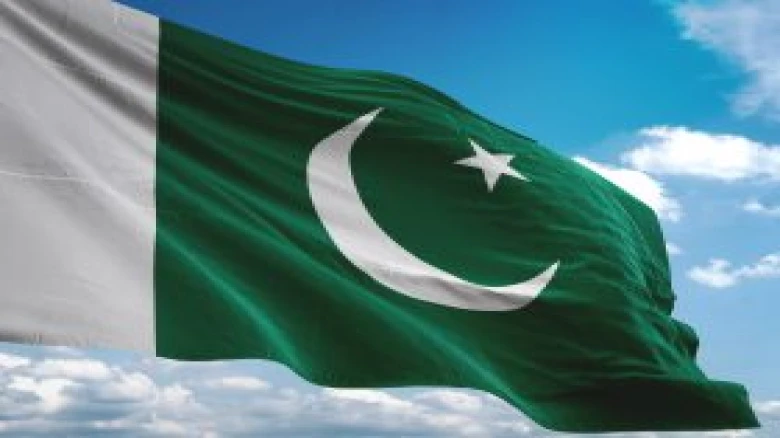Throughout the month of Ramadan, the gas utility informed the public that petrol would be available for Sehri and Iftar.
Digital Desk: People's lives in Karachi have been made miserable by a worsened gas crisis, especially over the past three days of Ramadan when supply was still interrupted around Sehri and Iftar times, according to a report from Dawn. Due to the gas crisis, home consumers were left with just two options: burning wood and expensive LPG cylinders.
According to a report from Dawn, enraged residents of the city flocked to the streets on Thursday to protest the Sui Southern Gas Company for making their lives miserable during Ramzan. From every known neighbourhood in the city, complaints of very low pressure or no gas supply at Sehri and Iftar times never stopped coming in.
The 1199 gas utility complaint line appeared to be inaccessible. The attendants informed those who were able to reach the complaint service that they were unaware of any planned or unforeseen load shedding in any area of the city. On social media platforms like Facebook and Twitter, people also posted about the ongoing load shedding in Karachi.
According to the Dawn article, Saleem Akhtar Siddiqui, a resident of Clifton, questioned in a tweet why the corrupt mafia of SSGC was slashing gas supply to customers in his neighbourhood behind Standard Chartered Bank in Boat Basin. He wrote, “All sort of unannounced load shedding is contempt of the orders of honourable Supreme Court.”
Due to a wintertime gas shortage, Pakistan's government had scheduled 16 hours of gas load-shedding for domestic consumers in December. Gas would be provided for three hours in the morning, two hours in the afternoon, and three hours in the evening.
Throughout the month of Ramadan, the gas utility informed the public that petrol would be available for Sehri and Iftar. Gas was delivered during these times in some areas, including Gulistan-i-Jauhar and Gulshan-i-Iqbal, but the pressure remained low.
We really can't burn over stoves unless we use gas suction equipment," a resident named Iqra Shah stated. Salman A. Siddiqui, an SSGC official, warned consumers against using gas suction devices in a tweet due to the persistently low pressure wherever gas was delivered.
Many said that the provincial government was only watching in silence as people struggled to observe their religious requirement to fast throughout Ramadan. Saddar resident Samreen Hassan claimed that before sehri and iftar, no gas was being delivered to her neighbourhood.
According to the Dawn story, the Sindh Energy Minister stated that the region's gas production ranged from 2,700 to 3,000 mmcfd. Yet, the SSGC was giving the province less than 900 mmcfd. He claimed they had raised the issue with the relevant authorities, but to no avail. He further stated that the province government would bring up the matter once more with the federal government.

Leave A Comment